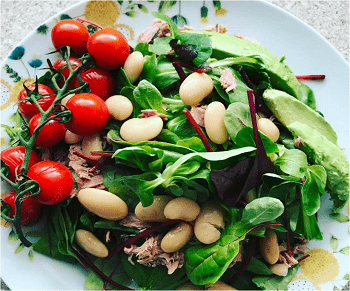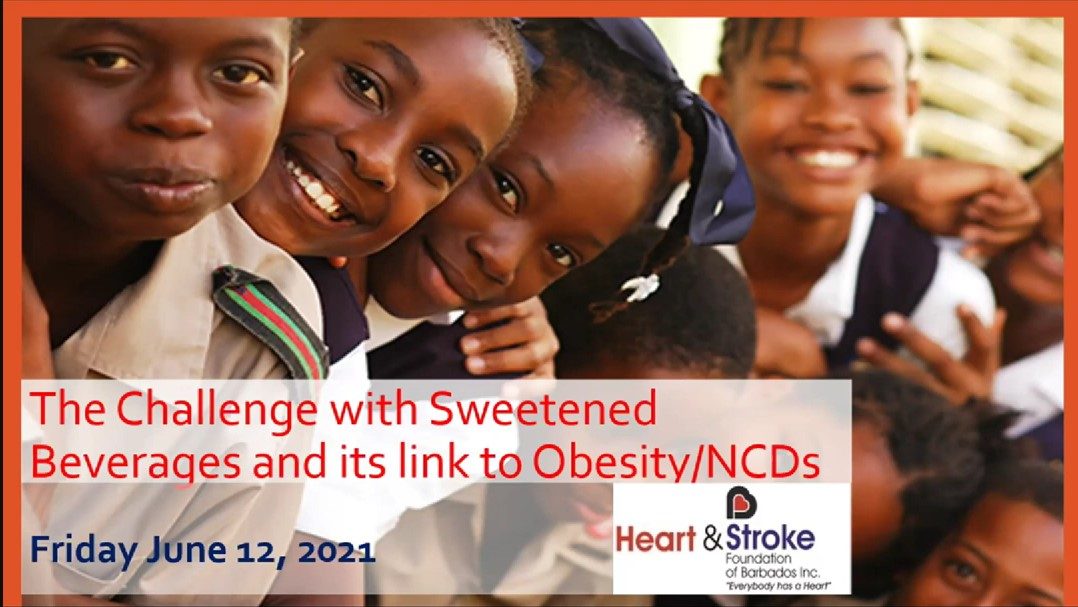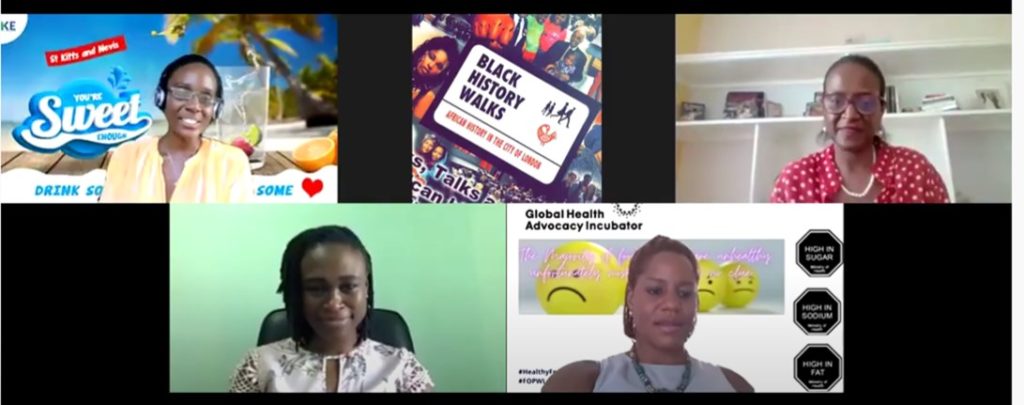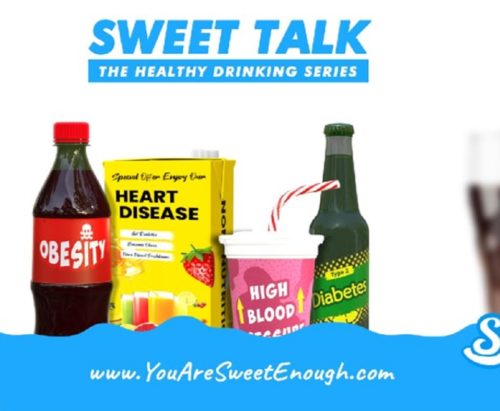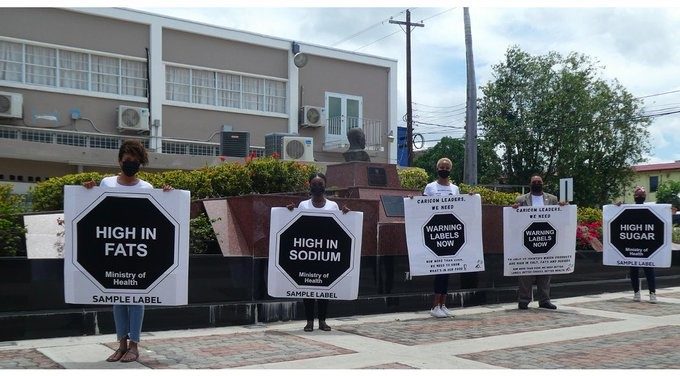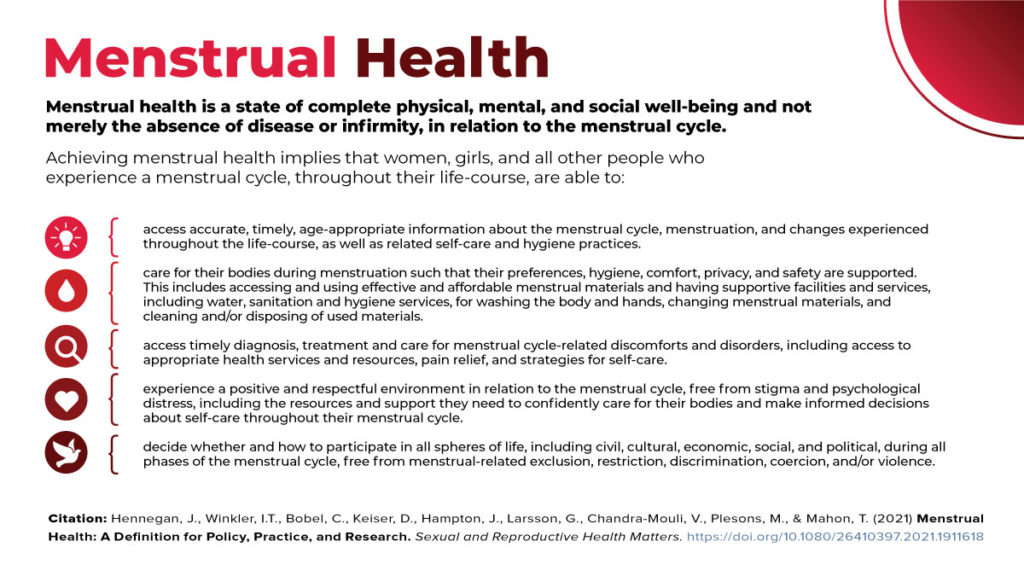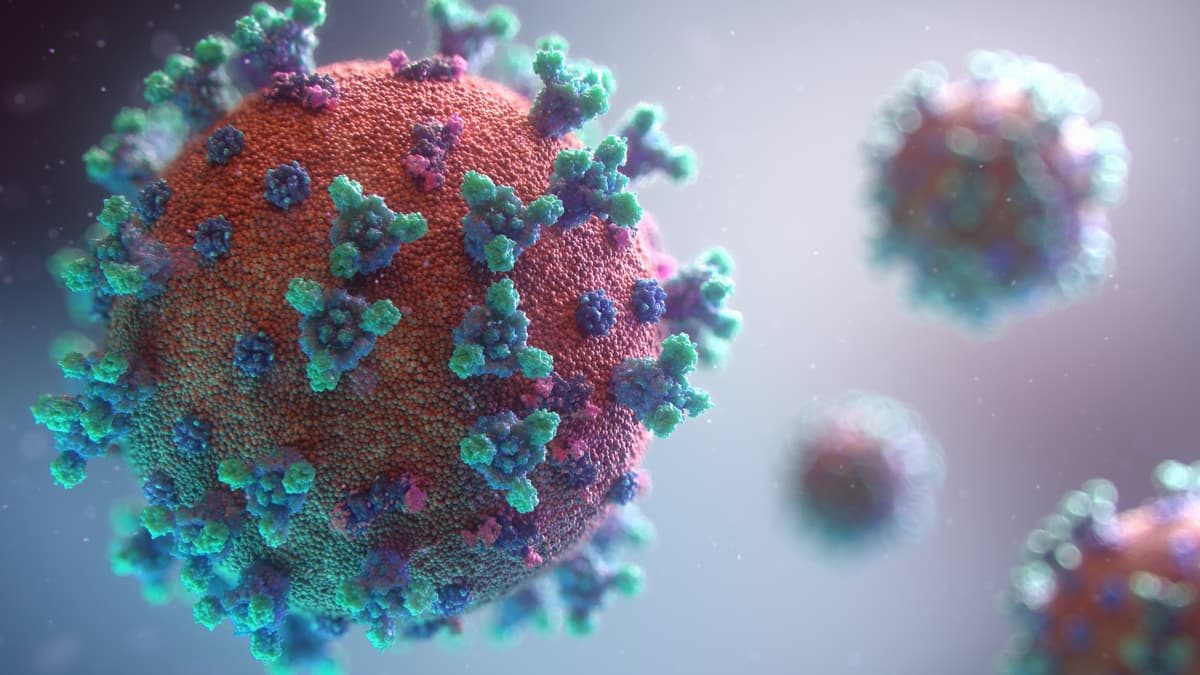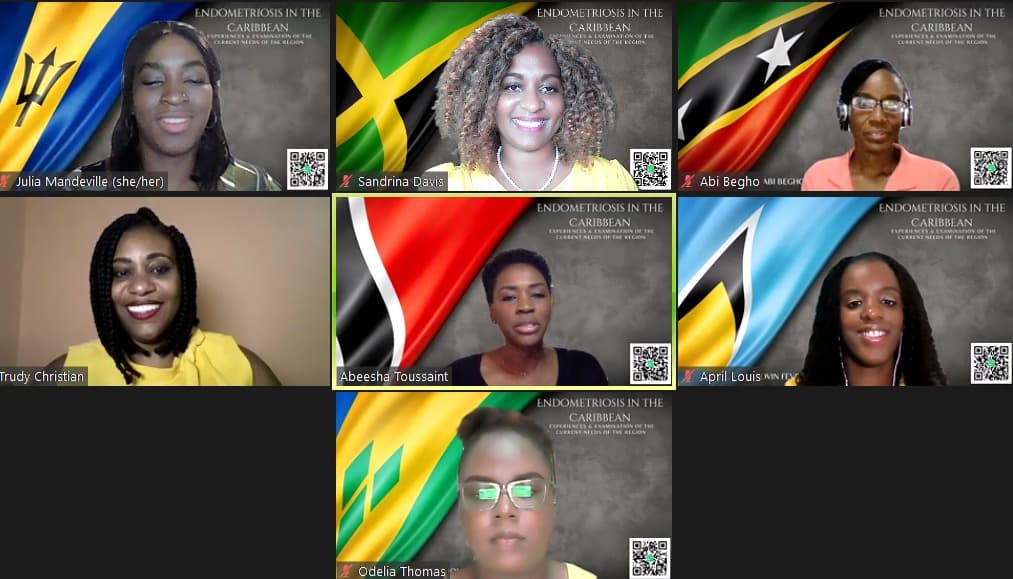Food and Nutrition Security in the Caribbean
In an article written by the Governor of the Eastern Caribbean Central Bank, Timothy Antoine, he explains how the COVID-19 pandemic is exacerbating food and nutrition insecurity across the Caribbean region. Food and nutrition security is not only about the sustainability of food supply systems, but it is also about food accessibility, price, safety and nutritional value. The article highlights the fact that the pandemic has further weakened vulnerable food systems in the region due to high levels of dependence on imported products from international food supply chains.
Antoine notes how the health impacts of the pandemic are particularly alarming since income losses are limiting households’ ability to purchase nutritious foods, which are vital for building healthy immune response to illnesses during the pandemic. Considering these economic challenges, the purchase and consumption of cheaper, ultra-processed foods that are high in sodium, sugar and fats has increased. Prior to the pandemic, the prevalence of non-communicable diseases (NCDs) in the region was already attributed to poor nutrition and unhealthy consumption choices, and within the current economic context, these unhealthy food alternatives are most accessible and affordable, especially for low-income households.
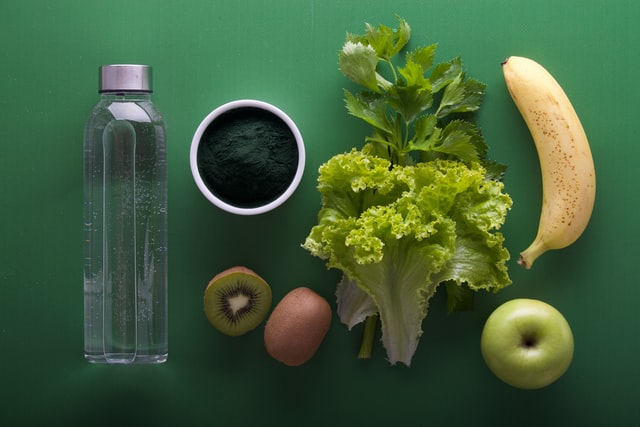
The article concludes with a call to action for Caribbean governments to reduce the regional food import bill and invest in cultivating an indigenous food supply ecosystem that enables trade of local produce by:
- enhancing regional transportation systems to facilitate more strategic cross-border shipping and trade of fresh produce
- utilizing digital technologies to improve the quality, reliability, and resilience of healthy and locally grown food, and
- adopting fiscal policies that tax ultra-processed foods and incentivise local production and purchase
Acknowledging the public health challenges that the region faces with NCDs and the ways the COVID-19 pandemic has exacerbated the vulnerability of our food and nutrition systems, Governor Antoine encourages the adoption of an all of society approach to improving the health and sustainability of our people. Governments, private sector, civil society and individuals each have an important role to play in enhancing food and nutrition security as a primary approach to combatting the threat of non-communicable diseases and implementing meaningful long-term solutions for socio-economic transformation and sustainability.
To read the original article click here.







